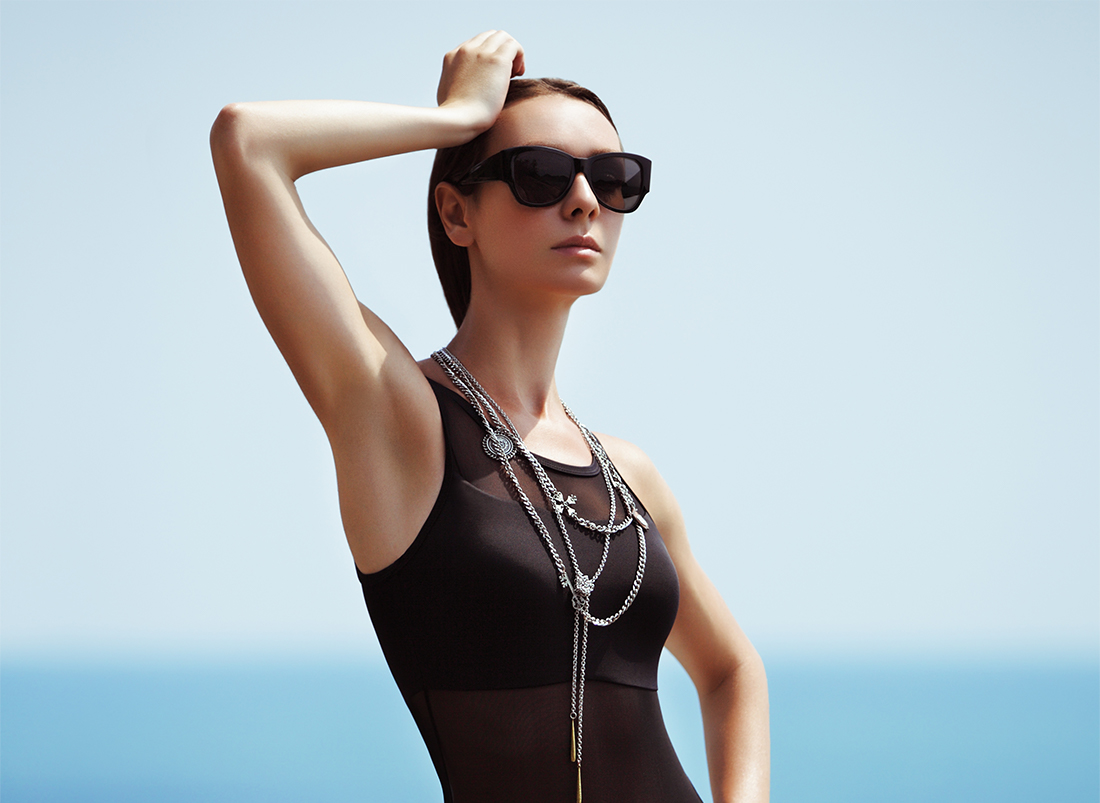Can Hair Loss From PCOS Be Reversed?
Polycystic Ovary Syndrome (PCOS) is a common hormonal disorder that affects millions of women worldwide and one of the most distressing symptoms for many women is hair loss. This type of hair loss, known as androgenic alopecia, is caused by elevated levels of androgens (male hormones) that affect hair follicles.
Many women ask, “Can hair loss from PCOS be reversed?” At The Center for Hair Restoration, led by Dr. Brian Heil, we understand PCOS’s unique challenges and the best treatment options available to manage and potentially reverse hair loss.
How Does PCOS Cause Hair Loss?
Hair grows in cycles, with each strand going through growth, rest, and shedding phases. PCOS disrupts this natural cycle by increasing the levels of androgens—male hormones present in both men and women. These androgens can shorten the growth phase and cause the hair follicles to shrink, resulting in thinner and weaker hair over time.
In women with PCOS, this type of hair loss is known as androgenic alopecia, which presents as diffuse thinning rather than complete baldness. It often starts at the crown of the head and along the hairline, resembling male-pattern baldness. As follicles shrink, new hairs become thinner and shorter, contributing to a noticeable decrease in hair volume.
Can Hair Loss From PCOS Be Reversed?
While PCOS-related hair loss can be distressing, it’s essential to understand that it doesn’t have to be permanent. Addressing the root cause of hair loss—hormonal imbalances—can stop the progression of hair thinning and encourage regrowth.
Stopping Further Hair Loss
Many women can halt hair loss through a combination of treatments that manage hormonal levels, such as anti-androgen medications or lifestyle changes aimed at regulating insulin resistance. This step is crucial, as stopping the progression of hair loss lays the foundation for potential regrowth.
Promoting Regrowth
Once the hormonal imbalance is under control, many women experience gradual hair regrowth. However, the extent of regrowth can vary. Some women may see significant improvements, with new hair growing back thicker and stronger, while others may experience only partial regrowth. The earlier treatment is initiated, the better the chances of full regrowth.
Key Factors That Influence Hair Regrowth
Several factors can influence the success of reversing hair loss caused by PCOS:
- Early Intervention: The earlier you start addressing hair loss, the more likely you are to preserve existing hair and encourage regrowth. Once the hair follicles have shrunk too much, they may become dormant, making regrowth more challenging.
- Comprehensive Treatment Approach: Combining medical treatments with lifestyle changes yields the best outcomes. Addressing the underlying hormonal imbalances through medications like anti-androgens while simultaneously improving overall health through diet and exercise can significantly boost hair regrowth.
- Consistency: Reversing hair loss is not an overnight process. It requires consistent application of treatments, whether medical, topical, or lifestyle-based. Many women begin to see visible improvements after a few months, but long-term maintenance may be necessary to sustain these results.
Dr. Brian Heil and his team provide tailored solutions based on your individual hair loss pattern and underlying PCOS symptoms. Each treatment plan addresses the hormonal imbalances that cause hair thinning while offering advanced therapies for restoring hair health and vitality.
Early Intervention is Key. The Center for Hair Restoration Can Help.
If you are experiencing hair loss due to PCOS, there is hope. While the journey to hair regrowth can take time and patience, the right treatment plan can achieve visible results.
Remember, early intervention is the most important factor in reversing PCOS-related hair loss. The sooner you start addressing the hormonal imbalances causing hair thinning, the better your chances of regrowth. Contact us today to schedule a consultation!















